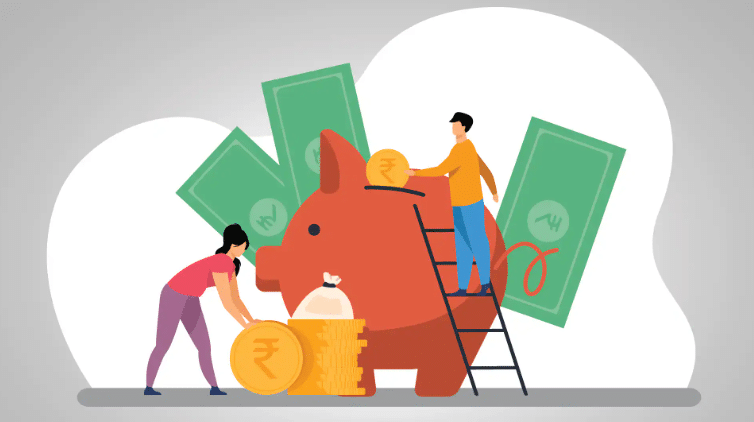First-time homeowners can find themselves adrift in a sea of uncertainty. Many are still numb from navigating the complex process of saving for a down payment, getting their credit in good shape, and jumping through all the hoops to acquire keys to their very first house. It’s understandable that they should want a long rest. However, it makes good sense to run through a checklist of essential items as soon as you move in.

If you or the seller didn’t get a thorough roof inspection during the sale, now is the time to act. Likewise, now that you are officially a property owner, why not streamline your finances by consolidating outstanding student loans? A little simplification goes a long way. It’s also an opportune time to experiment with solar panels, even if you just purchase a small array for the roof or yard. Another energy-related tactic that can save owners money, in the long run, is an annual energy audit. Explore how equity-based lines of credit might be a wise move soon. Finally, start building a repair fund for small fixes that all owners encounter from time to time. Use the following checklist to get your ownership situation in order.
Get a No-Cost Roof Inspection
Next to foundation work, roof replacement is a top reason for needing a collateral loan as it is the costliest potential component of house repair. That’s why it makes sense to have a local contractor who specializes in roof work perform a full inspection soon after you move into a new house. If you did not perform this critical step during the buying process, now is the time to find out what the state of your roof is. If minor repairs are needed, or the contractor suggests reasonable preventive measures, put them on the top of your priority list. Taking care of your home’s roof is one of those long-term jobs that pays major financial dividends. Don’t be reluctant to spend a few dollars on a complete inspection of the entire roofed area of the home.
Consolidate Education Debt
After getting rid of all the packing boxes and settling into a new house, one of the first things to do is explore the idea of consolidating college loans. It’s a smart tactic that can streamline the entire debt payment process and decrease monthly expenses at the same time. The great part is that it doesn’t matter whether your loans are government-backed, from a private lender, or a combination of the two. The wisest way to begin is to check out a helpful guide that walks through all the essential points of college loan consolidation and helps borrowers see which approach is most suitable for their financial situation.
Explore Small Solar Arrays
There’s no reason to go all-out with solar energy solutions until you have a good idea of how much savings might be in store. Since the cost of solar panels is significant, start small, try placing one cell on your roof or a backyard support panel. If you reside in a sunny region, there’s a good chance you’ll be surprised at how much electricity a single unit generates in a typical year. From there, consider the generation potential and related cost of installing several units.
Establish a Repair Fund
No matter how large your home is, it’s reasonable to expect several repairs needs over the next year or two. This is true for new as well as older structures, though the older ones tend to need more attention. To avoid the need to borrow for every small job, establish a home repair emergency fund as a separate savings account at your local bank. It’s up to you to determine how much cash to stash in the account, but many people put 1% of their home’s market value in it for rainy-day repair expenses.